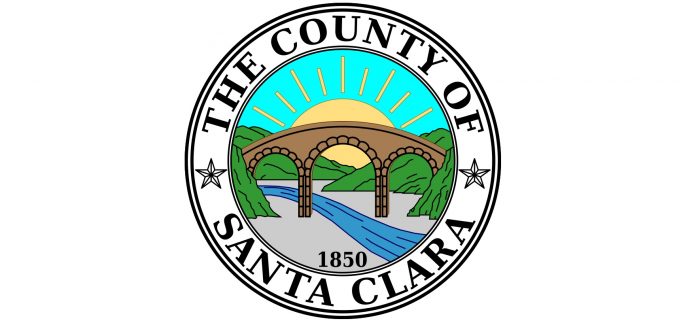Every year, beginning in March, property owners throughout the county must comply with regulations designed to prevent the spread of wildfires that threaten people, property and the environment. The rules took effect March 1 for three cities—San José, Santa Clara and Campbell—and later in the spring for the unincorporated county and other jurisdictions. The rules remain in place throughout the fire season, which generally ends in October.
The regulations are enforced by the County of Santa Clara Weed Abatement Program, which requires property owners to reduce fire hazards created by excess vegetation and combustible debris.
“Even though the weather over the past week has been wet and frigid, the time for Santa Clara County property owners to help protect their community from wildfires begins now,” said Edgar Nolasco, director of the County’s Consumer and Environmental Protection Agency, which oversees the Weed Abatement Program. “By removing fire hazards from your property, you can prevent grass fires from spreading into developed areas, where they threaten homes and families.”
Under the program, property owners must prevent grass and weeds from exceeding six inches in length, keep roadways clear of overgrown vegetation, and protect structures from combustible materials, among other requirements. The rules do not apply to ornamental vegetation such as roses and hedges.
Keeping vegetation and other hazards in check creates buffer zones that can slow or stop the spread of fire. Eliminating fuel for wildfires is especially important for rural property owners who live on the “wildland-urban interface,” where human development ends and open space begins.
Santa Clara County is one of a handful of counties in California, including Orange and Los Angeles counties, with a standalone weed abatement program. In other areas, responsibility for weed abatement lies with the fire department.
The County’s program is currently managed by a team of two employees who inspect more than 2,000 properties a year. The program is funded through fees incurred by people who fail to maintain their properties in a fire-safe manner.
The goal of the program, however, is voluntary compliance, officials said.
“The most important thing is we want you to maintain your property in a fire-safe condition,” said Moe Kumre, manager of the program. “It protects you; it protects your neighbors; it protects your community. We don’t want to come out and cut anybody’s grass, but we will if that’s what it takes to keep our community safe.”
Properties that are not in compliance wind up in the Weed Abatement Program based upon visual inspections by program staff, who conduct their assessments from public rights of way. Once in the program, property owners must demonstrate that their properties meet minimum fire safety standards for three years. Property owners are responsible for the costs of all weed abatement work.
Inspection season phases in gradually throughout the county’s many jurisdictions:
• March 1: San José, Santa Clara and Campbell
• April 1: Unincorporated Santa Clara County and Milpitas
• April 15: Los Gatos and Monte Sereno
• April 30: Cupertino, Palo Alto and the Los Altos Hills County Fire District
• May 1: Morgan Hill
• May 15: Gilroy
This has been a very wet winter throughout California, which has built up the Sierra Nevada snowpack, filled Northern California reservoirs and improved Bay Area drought conditions. All that rain will also spur a lot of vegetation growth, however, creating extra fuel for wildfires during the dry months of summer and fall.
For information about the Weed Abatement Program, visit bit.ly/3IEGvIF or call 408.282.3145.








